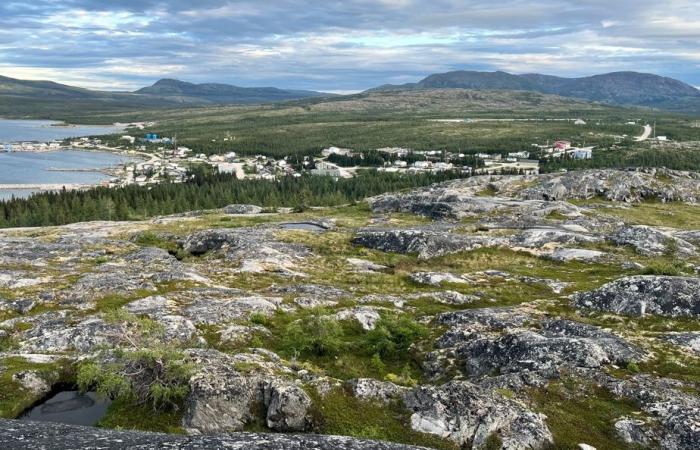While geopolitical tensions are intensifying, Canada and its provinces seek to strengthen their autonomy, in particular by the development of strategic infrastructure in the North: hydroelectric dams, transport corridors, modernization of military facilities and access to natural resources are at the heart of concerns.
Posted at 3:00 p.m.

Marie-Pierre McDonald Vice-President and Associate, BC2, Collaboration Internal*
Essential to the sovereignty and prosperity of the country, these projects must be based on rigorous planning and effective consultation to guarantee development adapted to Nordic realities.
Learn from the past
Historically, Canada has developed its Nordic regions to assert its sovereignty and exploit its resources. However, several projects were carried out without long -term vision, resulting in lasting impacts in local territories and communities.
In the 1950s, in the midst of the Cold War, the DEW Line radar network was built in an emergency to monitor a possible Soviet attack.
Established without consultation on the Inuit, Déné and Gwich’in territories, it has turned the lifestyle of local communities and left behind an environmental contamination still present today. The decontamination of these sites remains a financial burden.
Hydroelectric expansion in North Canadian has also had major consequences. Projects like James Bay have transformed ecosystems without considering their impacts on local populations. Loss of land for hunting and fishing has turned upside down the indigenous communities, while the accumulation of mercury in fish has had lasting effects on health and food. These projects demonstrate the importance of planning adapted to local realities and real consultation with the actors concerned.
Nordic territorial planning in emergency mode: combining speed and consultation
North Canadian has often been developed under pressure, in response to economic and geopolitical issues. However, speed and consultation are not incompatible.
Rather than imposing projects as well as accomplished, it is essential to integrate local communities from planning. This upstream dialogue facilitates the acceptance of projects and maximizes their long -term profits. Effective intergovernmental coordination is necessary to avoid fragmented decisions and ensure coherent development.
Canada can no longer improvise its Nordic development. Climate change, energy transition and geopolitical tensions in Arctic require thoughtful planning.
The inaction or precipitated decisions result in high social, environmental and economic costs, as evidenced by underused infrastructure and communities dependent on a single economic sector.

Photo Olivier Jean, La Presse Archives
The city of Tromsø, in Norway
In this regard, Norway offers an inspiring example. The development of its arctic cities is based on integrated planning that balances economic growth, preservation of ecosystems and adaptation to Nordic conditions. Cities like Tromsø and Alta benefit from strategic investments in local infrastructure and renewable energies, while integrating a collaborative approach with indigenous populations. An approach that Canada could be inspired by.
Learn from the past to move forward better
Canada today has the opportunity to build a prosperous future for its Nordic regions. By focusing on an agile and inclusive approach, it is possible to reconcile economic development, preservation of ecosystems and respect for local realities.
Current challenges require suitable solutions. Rigid and directive planning can no longer effectively meet the needs of Nordic communities. An active collaboration with local populations, the integration of technological advances, such as intelligent sensors to monitor the melting of permafrost, and effective intergovernmental cooperation make it possible to offer more sustainable solutions adapted to the realities of the Far North.
Canada can reconcile ambition, speed and responsibility. It is not a question of choosing between consultation and efficiency, but of integrating them harmoniously to build a development which benefits everyone and ensures a strong and lasting presence in the Nordic regions.
*Cosignataires, meres of the team of collaboration Internations: Faten Kikano; Susane Havelka ,; Kiana Côté; Patricia Tekahawakhwa deer; Jill Ann Lance; Maxime Paquet; Madeleine Vollant Ollivier; Caroline Beauchamp; Charlotte Belot; Alexander Julian Bimm; Talia Cohen slices; Genevieve Henry; Adriana Huerta Nùñez; Marissa Jayawickrema; Rim lallali; Finnley Mackillop; Clare Milliken; Vincent Rail; Keven Sigouin et Olivier Perron-Collins, Président de BC2What do you think? Take part in the dialogue









